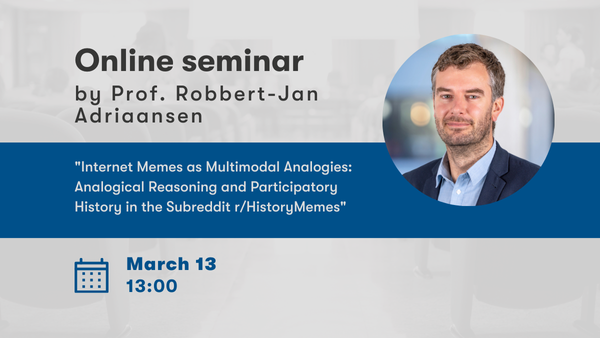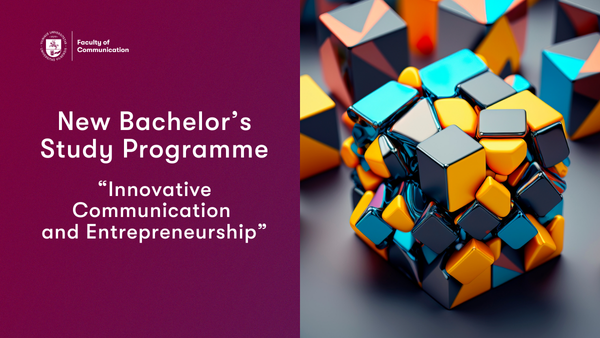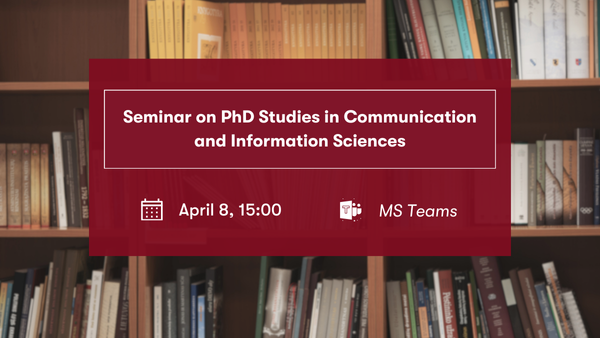P'Ship Assoc. Prof. Audronė Alijošiūtė-Paulauskienė
 Audronė has been a sustainability consultant since 1997, helping municipalities, communities, companies to have develop their sustainability strategies, integrating sustainability into their core activities and facilitating multistakeholder dialog. Prior to this, she lecturers Sustainable business course at Vilnius University and Kaunas University of Applied Sciences. Audrone has Master’s degree om Public Administration, took postgraduate courses in Tampere University of Technology, Finland, Hamlin University, US and also holds university degree in Geography (Vilnius University, Lithuania).
Audronė has been a sustainability consultant since 1997, helping municipalities, communities, companies to have develop their sustainability strategies, integrating sustainability into their core activities and facilitating multistakeholder dialog. Prior to this, she lecturers Sustainable business course at Vilnius University and Kaunas University of Applied Sciences. Audrone has Master’s degree om Public Administration, took postgraduate courses in Tampere University of Technology, Finland, Hamlin University, US and also holds university degree in Geography (Vilnius University, Lithuania).
Have consulted different business categories – small and large, not-for-profit organizations, has ability in applying CSR in a wide range of situations since 2007. Lately have facilitated CSR processes in large Lithuanian companies as well assisted in developing CSR/ Sustainability reports, mapping current state and conducting materiality analysis. Since 2013 works with in Association of Responsible business on Lithuania LAVA (as Chairwomen, later, Director). Has developed CSR self assessment handbook for companies in 2012 and tested in in Lithuania.








 Audronė has been a sustainability consultant since 1997, helping municipalities, communities, companies to have develop their sustainability strategies, integrating sustainability into their core activities and facilitating multistakeholder dialog. Prior to this, she lecturers Sustainable business course at Vilnius University and Kaunas University of Applied Sciences. Audrone has Master’s degree om Public Administration, took postgraduate courses in Tampere University of Technology, Finland, Hamlin University, US and also holds university degree in Geography (Vilnius University, Lithuania).
Audronė has been a sustainability consultant since 1997, helping municipalities, communities, companies to have develop their sustainability strategies, integrating sustainability into their core activities and facilitating multistakeholder dialog. Prior to this, she lecturers Sustainable business course at Vilnius University and Kaunas University of Applied Sciences. Audrone has Master’s degree om Public Administration, took postgraduate courses in Tampere University of Technology, Finland, Hamlin University, US and also holds university degree in Geography (Vilnius University, Lithuania).  Dalia Bankauskaitė teaches Master course of Public Diplomacy at the Communication Faculty, Vilnius University. The course looks into how states employ the public diplomacy – a soft power to influence across the globe, what factors make the soft power a successful tool of foreign policy; can a country without a “normal” military capabilities rely only on its economic, cultural, technological and some other soft power strength to increase its influence. The course aims to stimulate a dialogue among students, scholars and practitioners in the public diplomacy sphere.
Dalia Bankauskaitė teaches Master course of Public Diplomacy at the Communication Faculty, Vilnius University. The course looks into how states employ the public diplomacy – a soft power to influence across the globe, what factors make the soft power a successful tool of foreign policy; can a country without a “normal” military capabilities rely only on its economic, cultural, technological and some other soft power strength to increase its influence. The course aims to stimulate a dialogue among students, scholars and practitioners in the public diplomacy sphere. Miglė Eleonora Černikovaitė, Dr. associate professor and practitioner who is actively involved in educational activities, teaches at universities and provides counseling for business organisations. Miglė has 12 years of practical and 7 years of pedagogical work experience in strategic management and marketing, and teaches the international business environment, strategic branding and digital marketing.
Miglė Eleonora Černikovaitė, Dr. associate professor and practitioner who is actively involved in educational activities, teaches at universities and provides counseling for business organisations. Miglė has 12 years of practical and 7 years of pedagogical work experience in strategic management and marketing, and teaches the international business environment, strategic branding and digital marketing. Assist. prof. dr. Beata Grebliauskienė is a lecturer at the Faculty of Communication, Vilnius University, where she teaches crisis communication, business protocol and other courses in English and in Lithuanian languages.
Assist. prof. dr. Beata Grebliauskienė is a lecturer at the Faculty of Communication, Vilnius University, where she teaches crisis communication, business protocol and other courses in English and in Lithuanian languages. Reputation communications professional with 20 years of experience in political communication, branding and social responsibility, the Executive Director of European Film Forum Scanorama & lecturer at Vilnius University.
Reputation communications professional with 20 years of experience in political communication, branding and social responsibility, the Executive Director of European Film Forum Scanorama & lecturer at Vilnius University. Lina Jakučionienė counts almost 20 years of experience in the communications field, both internal and external, as well as international communication.
Lina Jakučionienė counts almost 20 years of experience in the communications field, both internal and external, as well as international communication. Dr. Ilona Michailovič is an associate professor at the Gender Studies Centre, Faculty of Communication, Vilnius University. She received her Ph.D. in law from Vilnius University in 2001. Her research areas include legal gender studies, law against discrimination, and gender-based violence. She teaches „Discrimination, Violence and Human Rights“.
Dr. Ilona Michailovič is an associate professor at the Gender Studies Centre, Faculty of Communication, Vilnius University. She received her Ph.D. in law from Vilnius University in 2001. Her research areas include legal gender studies, law against discrimination, and gender-based violence. She teaches „Discrimination, Violence and Human Rights“. Darius Albertas Udrys, PhD is a public relations and organisational development specialist with 20 years of international professional experience in Europe and the United States of America. He is Strategy Director and Founding Partner at Neue Unica branding agency. Dr. Udrys was Founding Director of Go Vilnius, the official development agency of the City of Vilnius, and is a public affairs consultant with Fipra Lithuania. From 2011–2015, he was Vice-Rector for Development and Communication at the European Humanities University in Vilnius.
Darius Albertas Udrys, PhD is a public relations and organisational development specialist with 20 years of international professional experience in Europe and the United States of America. He is Strategy Director and Founding Partner at Neue Unica branding agency. Dr. Udrys was Founding Director of Go Vilnius, the official development agency of the City of Vilnius, and is a public affairs consultant with Fipra Lithuania. From 2011–2015, he was Vice-Rector for Development and Communication at the European Humanities University in Vilnius. Liutauras is a practice-oriented scholar with 16+ years of experience in various fields of public relations and communication. Following Russian offensive campaign in Ukraine Liutauras started to focus on information warfare and strategic communication, therefore he is currently lecturing Propaganda Technologies. At the same time he is continuing his academic research in the area, where issues of public communication, IT and legal regulation collide. Outside university he is an advisor to the leading political party in Lithuania and works in the parliament.
Liutauras is a practice-oriented scholar with 16+ years of experience in various fields of public relations and communication. Following Russian offensive campaign in Ukraine Liutauras started to focus on information warfare and strategic communication, therefore he is currently lecturing Propaganda Technologies. At the same time he is continuing his academic research in the area, where issues of public communication, IT and legal regulation collide. Outside university he is an advisor to the leading political party in Lithuania and works in the parliament. Dr. Antanas Venckus is a professional diplomat with a teaching experience at the universities since 2005. Antanas obtained a Ph.D. degree in political sciences at Vytautas Magnus University in 2010. His wide academic interests cover security studies, economic diplomacy, trade policy, international relations and business.
Dr. Antanas Venckus is a professional diplomat with a teaching experience at the universities since 2005. Antanas obtained a Ph.D. degree in political sciences at Vytautas Magnus University in 2010. His wide academic interests cover security studies, economic diplomacy, trade policy, international relations and business.